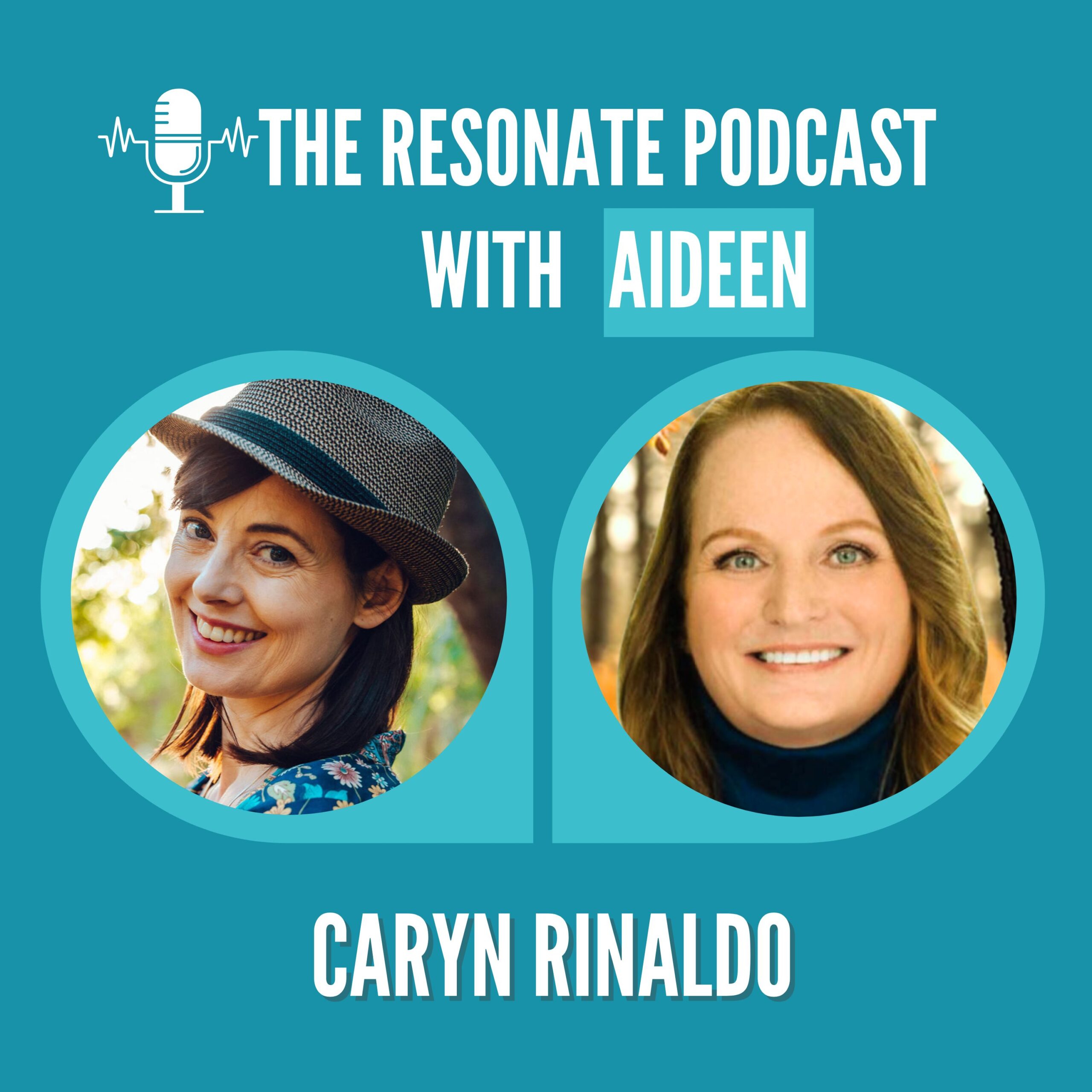What would happen if you turned love into a song—and dared to sing it out loud?
In this moving episode, Aideen shares the story of Caryn, who—at nearly 60 and new to singing—decided to record a love song for her wedding. Inspired by an Instagram clip of a groom hearing his bride’s voice for the first time, Caryn set out to learn, record, and reveal her heart through music in just two months.
Together, we explore how she moved from perfectionism to presence, finding her voice not just in melody but in life. You’ll hear:
🎵 How to choose a song that fits your story (and your range!)
🎵 Why the right emotion matters more than hitting every note
🎵 How regular lessons and practice create confidence
🎵 The emotional shift from “Am I good enough?” to “This is my truth”
Caryn’s story is a reminder that meaning beats mastery and brave beats perfect. Her voice became a mirror for courage, reshaping how she shows up in love, family, and work.
If you’ve ever felt it’s too late to start something new, this conversation will remind you: it’s never too late to free your voice and follow your heart.

